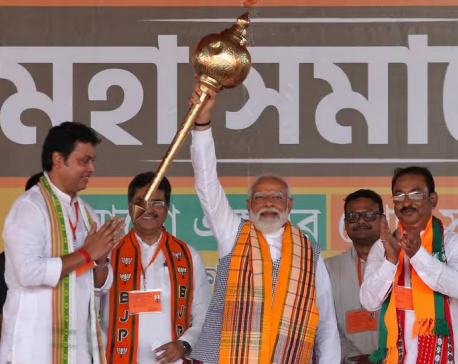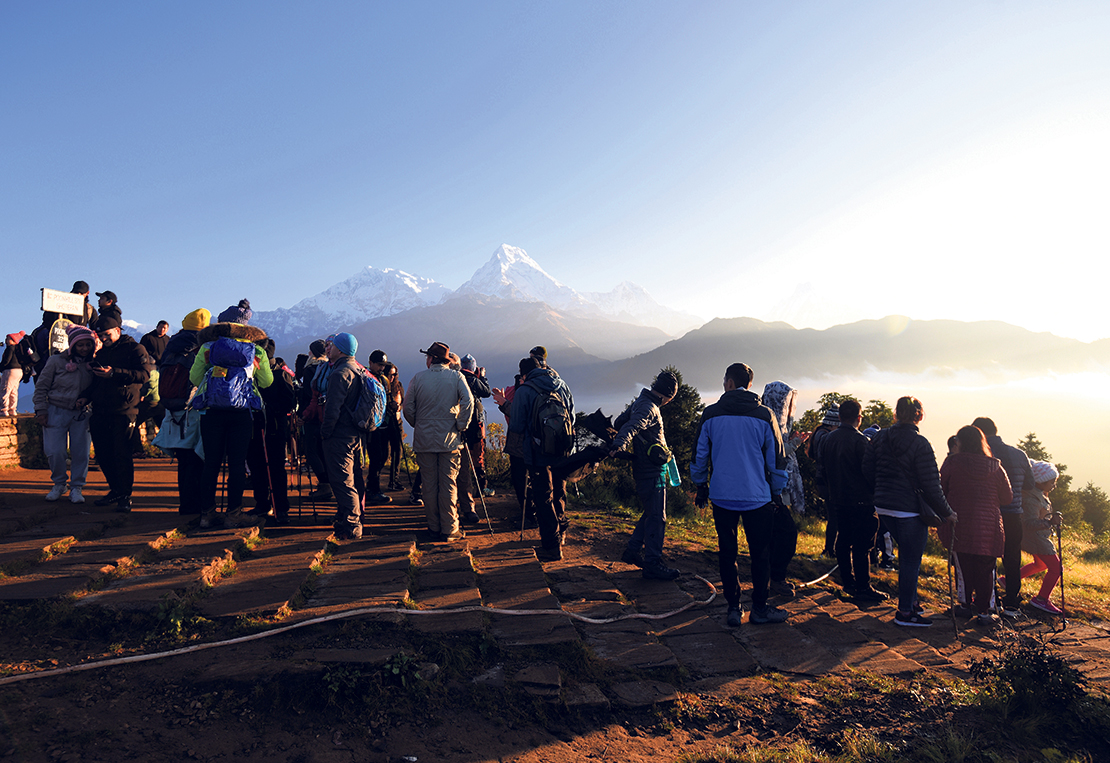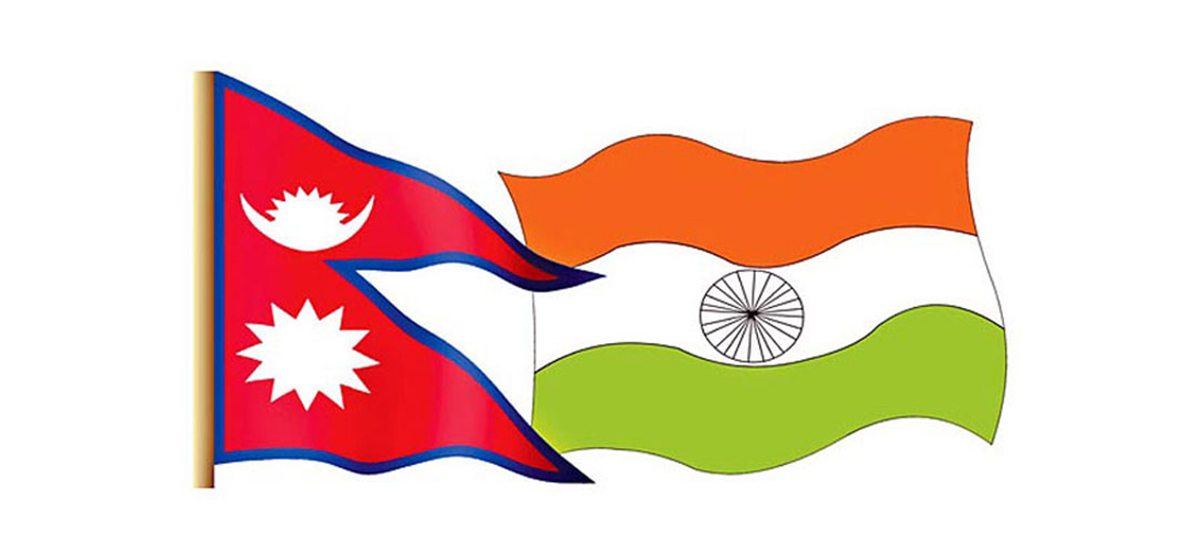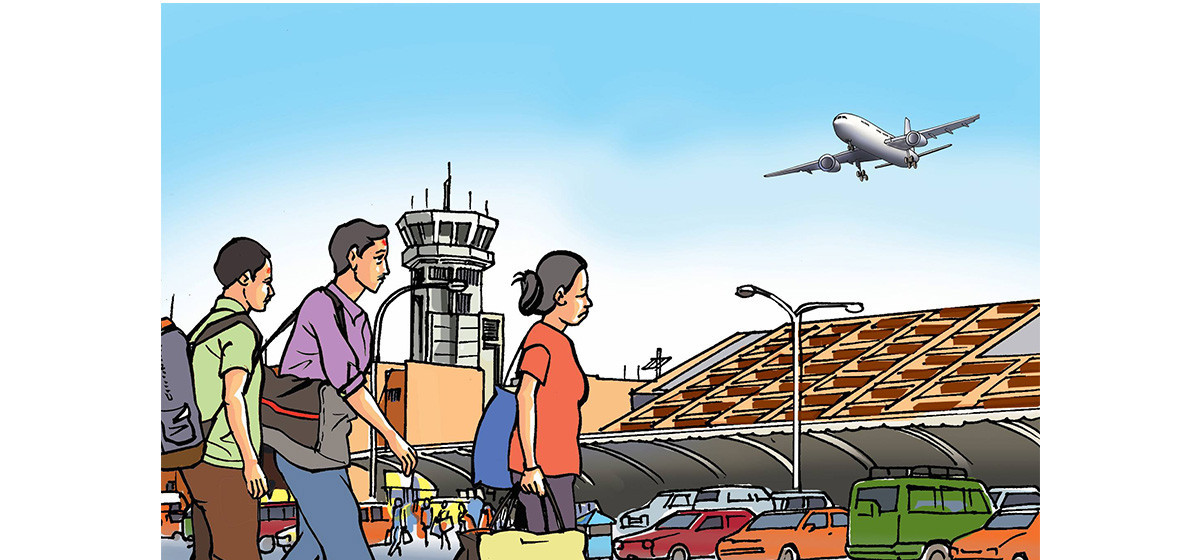
OR
Prime Minister K P Sharma Oli and his cabinet colleagues never fail to speak in favor of free press. One of the refrains in their public speeches has been commitment to human rights and press freedom. But a latest bill on personal privacy registered in the parliament has raised serious questions on the commitment of the government on these fundamental values. The government has registered such a bill days after the Muluki Codes came into effect last week raising some concerns about press freedom exercised by Nepali media for decades. Everyone at the moment is wondering if the government is looking to silence dissenting voice in the name of enforcing laws.
Contents of the bill on personal privacy registered at the parliament secretariat on Tuesday are troubling. It contains strict provisions on collection and publication of information on individuals, including public office bearers. According to this bill, individuals and journalists cannot seek personal information of public office bearers and comment on their background or character. One cannot comment or speak about the educational background of the person without his/her consent, cannot state the details regarding criminal background and history of conviction of the person. The bill has defined one’s physical body, family, residence, property, documents and records, data, letters, email, character and other matters related to a person as “private.” One cannot take picture of an individual if that harms “the character and social prestige of the individual,” even if the individual is a public office bearer or a convict. One cannot collect, store and analyze the personal information of any individual without prior consent from his/her. One is only entitled to collect personal information of public office bearers such as name, position, office address, contracts and responsibilities. Collection and publication of information about affiliation to a political party, religious faith or property status about any individual including public office bearers and politicians has been restricted.
Thus if this bill is to be passed in current format, it makes it effectively impossible for the journalists to report and disseminate information. Press cannot comment on the character of the office bearer even if he was once convicted of crime and corruption by the court, which means public office bearers—from bureaucrats to government ministers to lawmakers—will be above public reproach and media scrutiny. This goes against the principle of free press guaranteed by the constitution and upheld by the Right to Information Act. If this bill comes into effect without necessary amendment, it will literally mark death of free press in Nepal. All efforts of holding the corrupt officials and politicians accountable will go in vain. Only in repressive and authoritarian regimes do they frame laws that make it difficult for journalists to report and publish news and information. The framers of this bill have made egregious mistakes in a number of clauses. They need to be amended. The bill is in the parliament. We still have time to correct it.
You May Like This

Fixing a win by outlawing dissent damages democracy
The world’s largest elections begin this weekend in India, amid claims that the race to lead the country has already... Read More...

Rain shocks: On the monsoon in 2024
The India Meteorological Department (IMD) has forecast a bountiful monsoon. Rainfall from June-September is expected to be 6% more than... Read More...

Nagdhunga-Sisnekhola tunnel breakthrough: Beginning of a new era in Nepal’s development endeavors
The breakthrough of the Nagdhunga-Sisnekhola tunnel marks a significant leap forward in Nepal's development. For Nepalis who have only traveled... Read More...






Just In
- Power supply to be affected in parts of Kathmandu Valley today as NEA expedites repair works
- Godepani welcomes over 31,000 foreign tourists in a year
- Private sector leads hydropower generation over government
- Weather expected to be mainly fair in most parts of the country today
- 120 snow leopards found in Dolpa, survey result reveals
- India funds a school building construction in Darchula
- Exploring opportunities and Challenges of Increasing Online Transactions in Nepal
- Lack of investment-friendly laws raises concerns as Investment Summit approaches












Leave A Comment